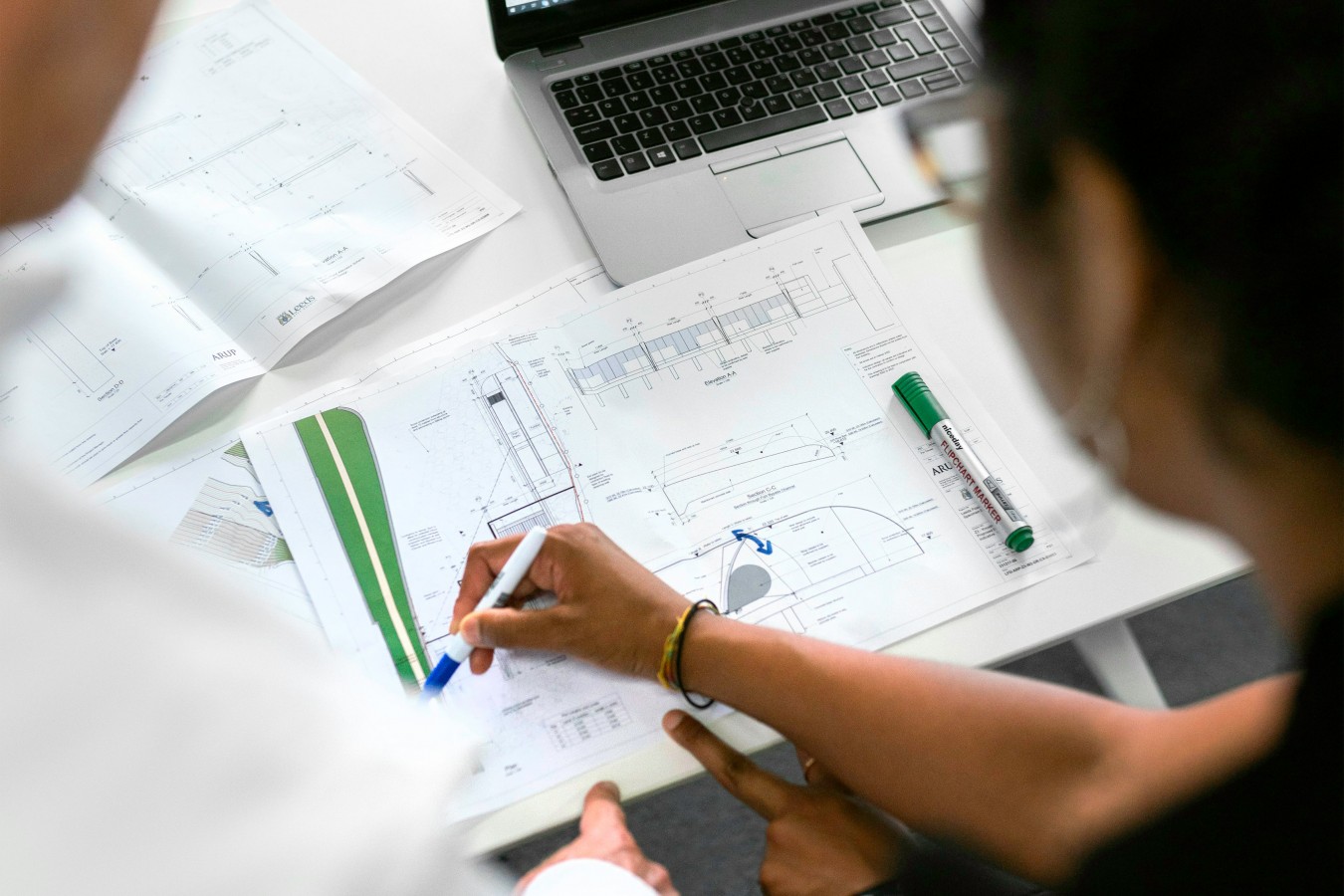Engineers 2030 recognizes that a fundamental shift in how we think about engineering is necessary to accelerate positive change.
The launch event, held on March 18th, brought together over 200 people from industry, academia, and the engineering profession, both in-person and online. The event featured keynote speeches, panel discussions, and unveiling the Engineers 2030 Vision and Principles document. Attendees engaged in lively discussions about the future of engineering education and the role of engineers in creating a sustainable society.
The event also marked the launch of the Re-imagined Degree Map, co-created by the Royal Academy of Engineering with Engineers Without Borders UK, and the Sustainability Toolkit, developed in partnership with the Academy, the Engineering Professors Council, and Siemens. These tools aim to support academics in embedding social responsibility and sustainability into their teaching, reflecting the collaborative efforts of professionals across the UK who continue to evolve their practice through discussions in a Systems Change Lab.
Two members of the ERA Foundation board were among the speakers at the launch event. Andrew Churchill OBE FREng, Executive Chairman of JJ Churchill Ltd, shared his insights on the importance of industry-academia collaboration in shaping the future of engineering education. He emphasized the need for engineering curricula to keep pace with the rapidly evolving technological landscape and industry demands.
Professor Bashir Al-Hashimi CBE FREng FRS, Vice President (Research & Innovation) and Arm Professor of Computer Engineering at King’s College London, delivered a compelling speech on the role of engineers in addressing global challenges. As the chair of the Engineers 2030 working group, Professor Al-Hashimi stressed the importance of a multidisciplinary approach to engineering education and the need for engineers to develop a broad skill set encompassing technical expertise, problem-solving abilities, and a deep understanding of societal and environmental issues.
Aspiring engineers Kayley Thacker and Jade Kimpton shared their insights during the launch. Thacker, a chemical engineering student, highlighted the disconnect between theoretical concepts taught in universities and the realities of a real-world engineering career. She emphasized the need for a collaborative and interdisciplinary approach and the importance of incorporating ethics and social responsibility into engineering education.
Kimpton, an apprentice substation engineer at National Grid, expressed her passion for combining engineering with environmental sustainability. However, she also noted the underrepresentation of women in engineering, with only 16.5% of engineers being female. Kimpton called for broader pathways into engineering, diverse female role models, and support for engineers to balance their careers and family life.
Sir Jim MacDonald, President of the Royal Academy of Engineering, called for more government intervention to develop engineering skills as a national strategic asset. He emphasized the need for a national engineering and technology workforce strategy to equip the UK with the skilled workforce necessary to meet the challenges of sustainability and technological advancement.
The Engineers 2030 project is currently in a “listening” mode, with a consultation process open until July 1st. The aim is to engage with diverse stakeholders across the engineering sector and beyond to understand how the approach to inspiring, educating, and developing the engineering workforce must change.
Looking ahead, the Engineers 2030 project will focus on developing a roadmap to reshape the policies and structures of the UK’s education and skills systems. RABy dissecting these systems, analyzing their interrelationships and patterns, the project aims to identify opportunities and challenges. The ultimate goal is to demonstrate where the maximum impact of change can be achieved, paving the way for a more robust and future-ready engineering workforce.


